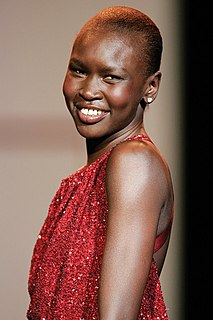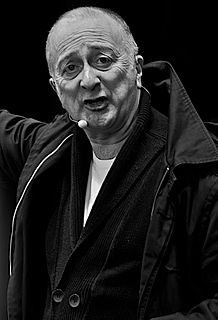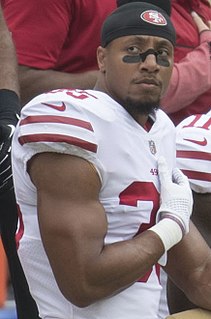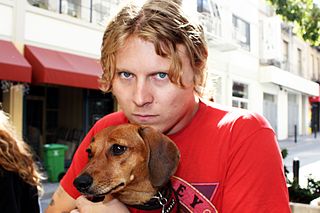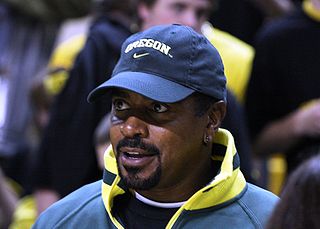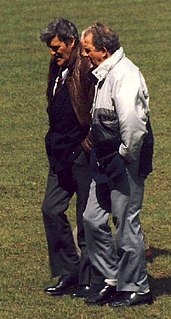A Quote by Kiran Rao
We were quite a middle class family, but we had access to all the good things in life, be it books or access to a club. I was outgoing and did a lot of elocution, singing and theatre.
Related Quotes
In the Internet world, both ends essentially pay for access to the Internet system, and so the providers of access get compensated by the users at each end. My big concern is that suddenly access providers want to step in the middle and create a toll road to limit customers' ability to get access to services of their choice even though they have paid for access to the network in the first place.
I grew up at a time in Hawaii where there were trans women around, so there were visible role models for me. At the same time, as a low-income trans girl of color, there were so many things that I didn't have access to. I didn't have access to a great education. I didn't have access to affordable healthcare.
I grew up in the midst of poverty but every black kid that I knew could read and write. We have to talk about the fact that we cannot educate for critical consciousness if we have a group of people who cannot access Fanon, Cabral, or Audre Lorde because they can’t read or write. How did Malcolm X radicalize his consciousness? He did it through books. If you deprive working-class and poor black people of access to reading and writing, you are making them that much farther removed from being a class that can engage in revolutionary resistance.
I'm from a working-class family. We didn't have a lot, but we had the arts. You're talking to a guy who is making a living at doing what he loves doing - acting, singing and dancing. So any career ups and downs were not that significant to me; the only things that really powerfully impinged on me were my losses, and there were many in my life.
Not a lot of people know I wrote the lyrics for the Arsenal club song, 'Good Old Arsenal'. We had a competition on ITV for it, and none of the entries were any good, so I approached their manager, Bertie Mee, and asked him if he would let me have a stab. He did, and within a few weeks they were singing it at Wembley on the way to the 1971 double.




